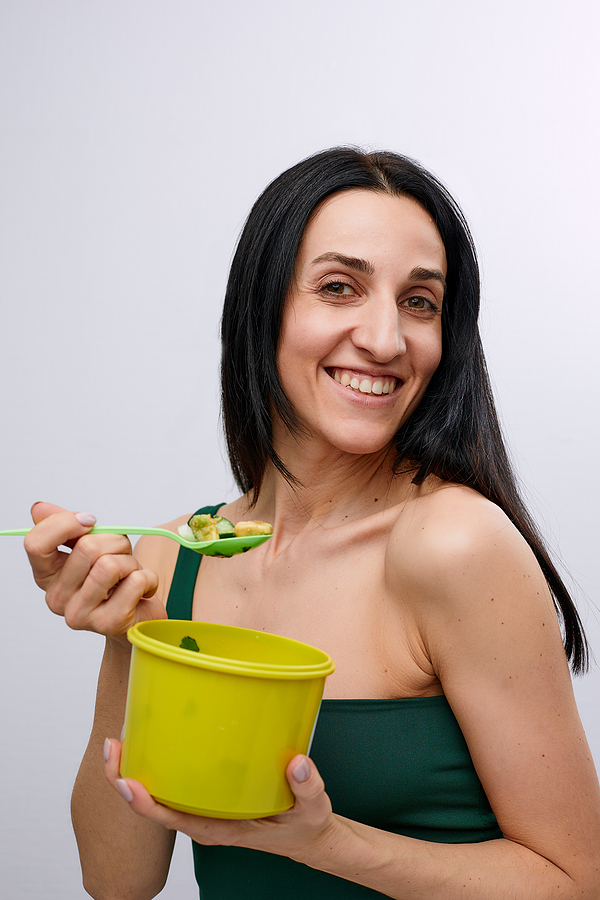
SKIN NUTRITION: BEAUTIFUL SKIN STARTS WITH YOUR DIET
“You are what you eat.” While you won’t literally turn into a banana or a slice of chocolate cheesecake, you know that this is true. The better you eat, the better health you will enjoy. Nowhere is this more apparent than it is on your skin: eating healthy will naturally make your skin healthier.
It will be soft and supple, and you might even avoid some acne breakouts that can accompany a less-than-healthy diet for good skin nutrition. Read on to learn how you can enjoy more beautiful skin by tweaking your skin nutrition and diet.
WHY DIET MATTERS IN SKIN NUTRITION
Your skin is your largest organ, and it’s really the only one, other than your eyes, that is visible to everyone who passes you. If you’ve ever had a patch of poison ivy or a papercut on your knuckle, you know that any little issue with your skin can cause quite a bit of discomfort.
No, a good diet won’t be able to help you avoid cutting yourself on a birthday card or brushing past a poisonous leaf on the side of the road, but it can help keep your skin in good overall condition. Good skin nutrition is supple, elastic, clear, and eating right can help improve your odds of enjoying better skin. Eating poorly can make your skin feel and look dull or dry.
Just as you’ll feel lethargic and maybe a bit uncomfortable as you digest unhealthy food, it isn’t doing your skin any favors, either. In fact, if you go to visit your doctor with nonspecific complaints such as tiredness, occasional headaches, and poor digestion, he or she will likely take a look at the condition of your skin to see if you have signs of various illnesses. Whatever is going on inside of your body can show up on the outside, too.
HYDRATION
One of our top tips for staying healthy inside and out is to be sure that you are hydrated. You’ve heard the advice to drink eight glasses of water per day. That can be a good baseline, but you can vary it depending on your personal needs.
If you have a sedentary job and you work inside of a cool office without a lot of artificial climate control, then you need less water than someone who works outdoors on a construction site at the height of the summer. Also, when you are working out, you will need more water than you do when you’re sitting at your desk.
Some people can comfortably drink six to eight glasses of water per day, while others need more. What counts as water? If you are looking for calorie-free hydration, then water and herbal teas are going to be your best bet.
But you can also include coffee, regular tea, and even soups, fruit juices, and juicy fruits (like watermelon) as part of your allotment of fluids. Diet sodas and alcoholic beverages should not be part of your hydration strategy, though you might enjoy them on occasion. Just don’t count them as part of your fluid intake.
ANTIOXIDANTS
Antioxidants are compounds that help to neutralize free radicals; free radicals are potentially harmful molecules that you can produce in response to various toxins and pollutants in the environment and in the food that you eat. They can cause dull skin and hair, and they can also cause or contribute to some health conditions, including chronic illnesses like diabetes and cancer, as well as progressive diseases like Parkinson’s and Alzheimer’s.
Many of the antioxidants you need in your diet will come from foods you already have in your diet. Vitamins A, C, E, and beta carotene are examples of antioxidants. You can find these in most fruits and vegetables. For example:
- Kiwi, strawberries, and citrus fruits are well-known sources of Vitamin C, and so are red peppers.
- Vitamin E, which can reduce UV damage to the skin, is present in nuts, seeds, and green leafy vegetables like kale and spinach.
- Cantaloupe and squash are great sources of Vitamin A, and you’ll find even more in liver, fish, and dairy products.
- Beta carotene is what gives carrots their bright orange hue.
OMEGA FATTY ACIDS
Omega fatty acids help keep your skin nice and soft. They can reduce dry skin and inflammation. They can also improve your heart health, lower your cholesterol, and reduce your blood pressure. One of the best sources of omegas is fish, particularly fatty fish. You can also take fish oil to increase your levels of omega-fatty acids.
If you are not interested in adding fish to your diet, no worries: You can get your omegas from nuts and seeds, plant oils, and also fortified foods. Some brands of dairy products and juices are fortified with omega-fatty acids. Read the labels and find out!
GENERAL SKIN NUTRITION TIPS
For the best results when it comes not only to your skin but also your overall health, you’ll want to stick to a healthy diet most of the time. Yes, you can still have that birthday cake and you won’t want to miss out on a burger at your family’s annual barbecue! But if you can eat mostly healthy foods most of the time, you’ll be taking a great step toward not only better skin but also better health. Choose whole grains over white grains.
For example, whole wheat pasta will contain more fiber and nutrition than white pasta. It can take a few times to get used to it, so you can try mixing half whole wheat pasta with your regular pasta and gradually reducing the white pasta amount until you are eating all whole wheat pasta. You can do the same with bread and other grains. Choose brown rice instead of white when you can.
Eating fish twice per week is excellent for your health. It can be salmon from the grocery store, tuna fish from a can, or even shrimp at your favorite restaurant. If you’re not a fan of fish, ask your doctor whether a fish oil supplement would be appropriate for you. Other than fish, try to choose lean proteins like poultry and eggs, and don’t forget about legumes and nuts. Fresh fruits and vegetables are important for any diet.
Canned and frozen produce are great substitutions, particularly if you can’t find what you want in season. Remember that canned and frozen fruits and veggies are picked at the height of their season and then packaged right away, preserving the nutrients. Talk to your doctor about ways you can improve your diet, and you will see the results in your skin. Healthy skin nutrition can indicate overall good health, so do what you can to look and feel your best!
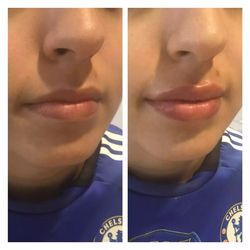 None
None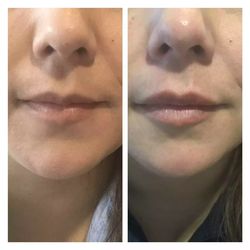 None
None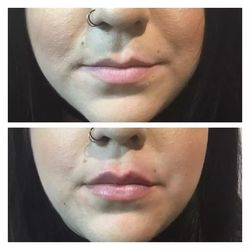 None
None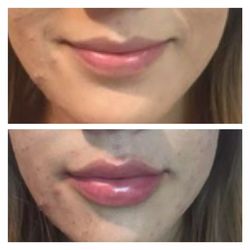 None
None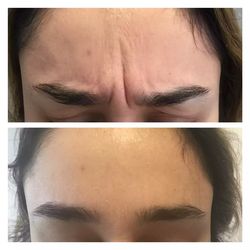 None
None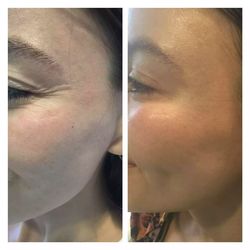 None
None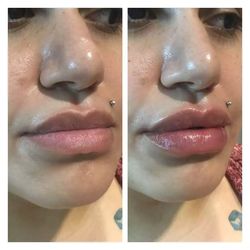 None
None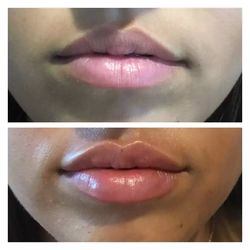 None
None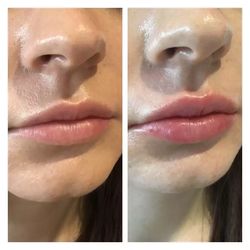 None
None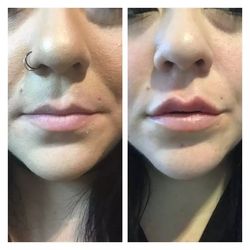 None
None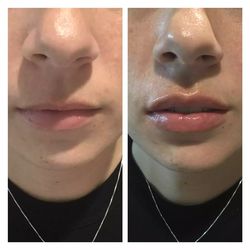 None
None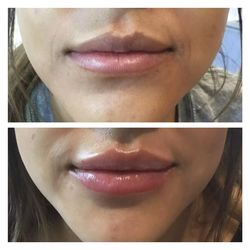 None
None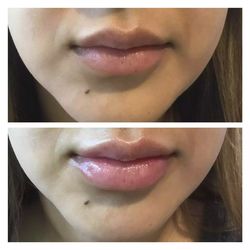 None
None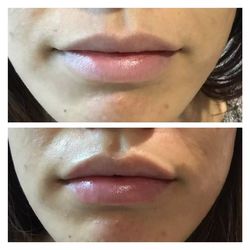 None
None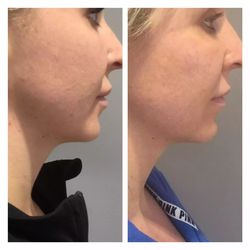 None
None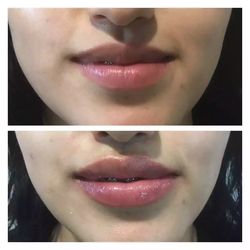 None
None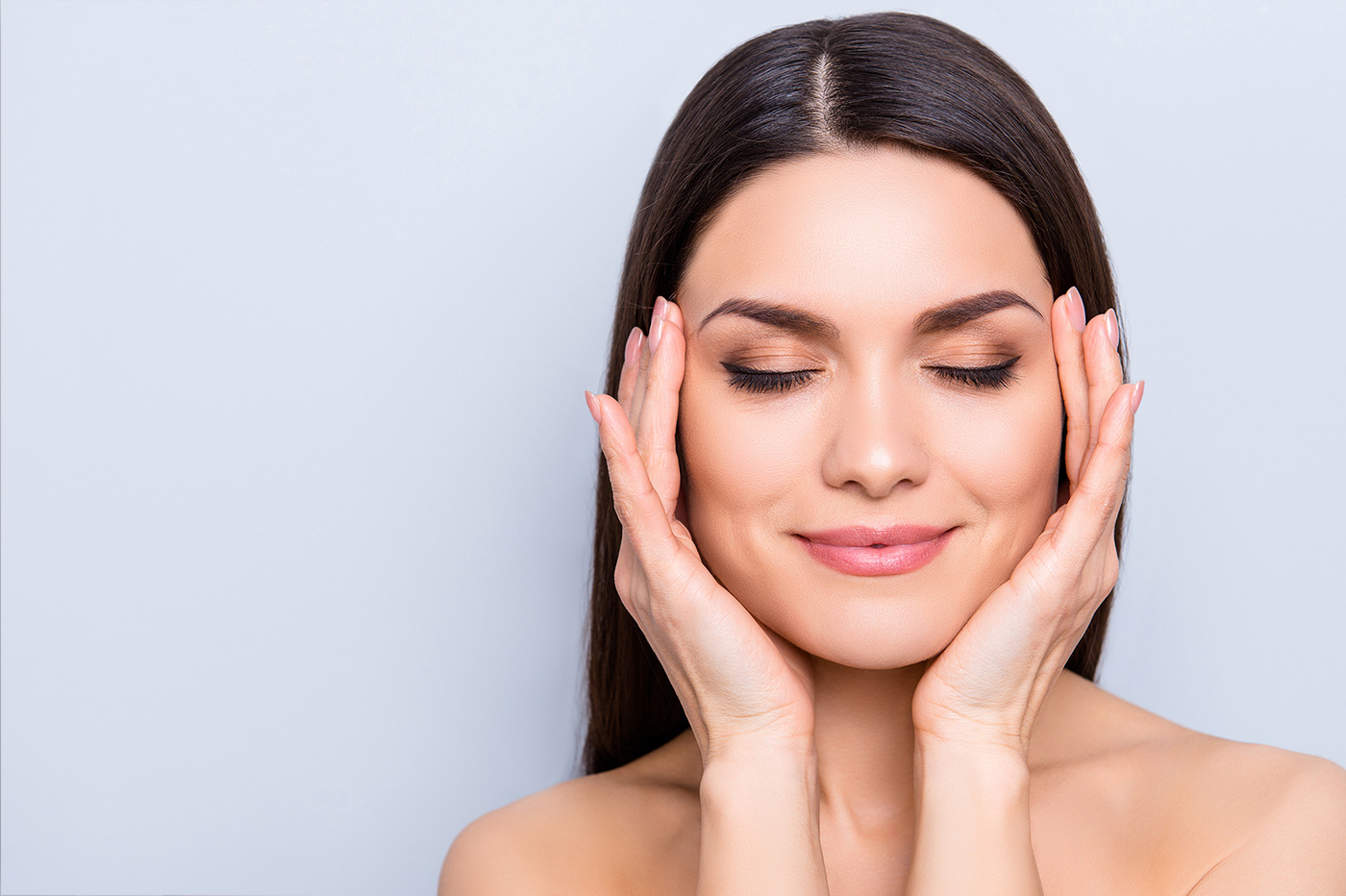
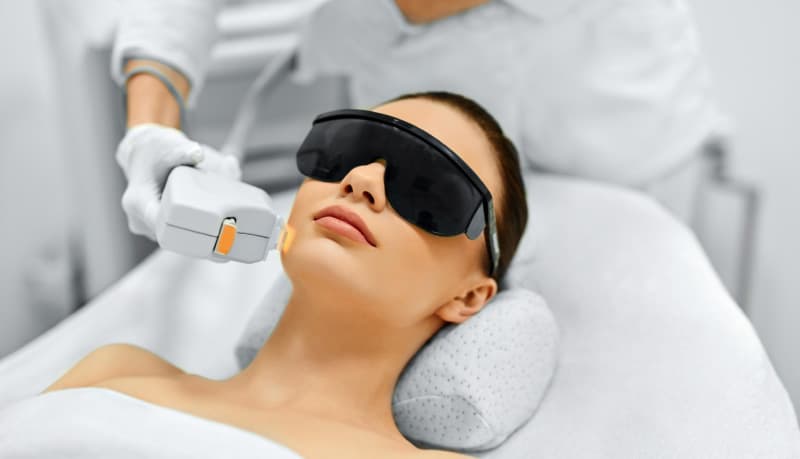
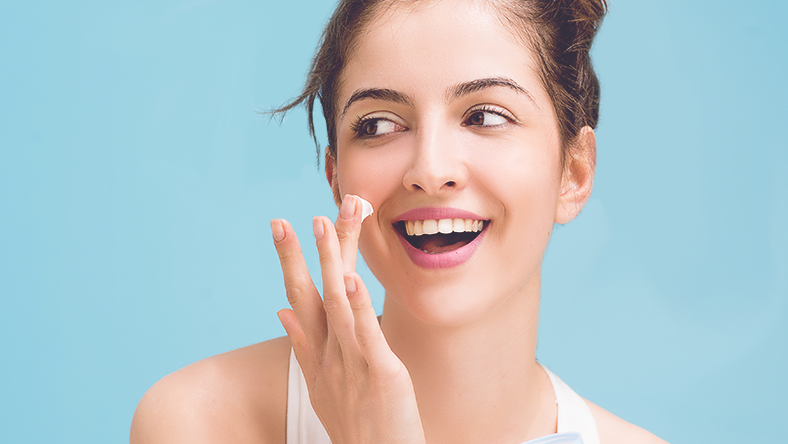
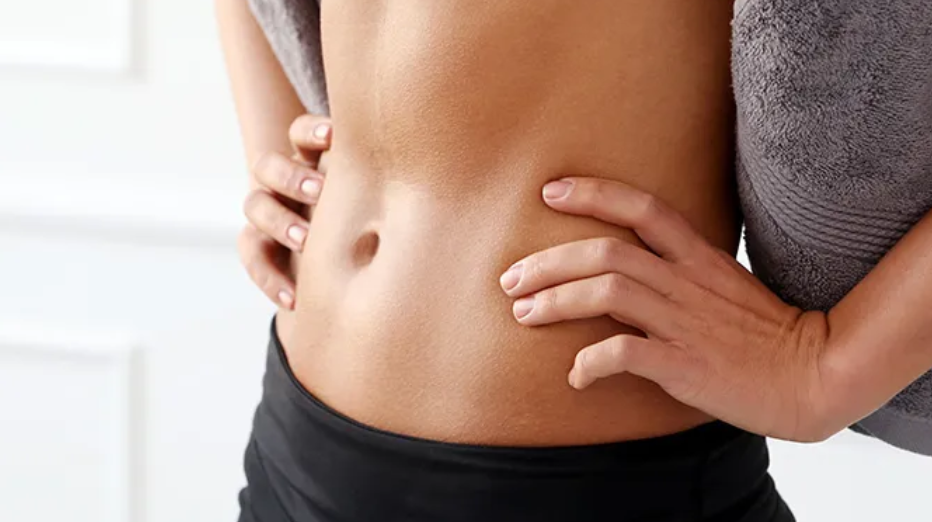
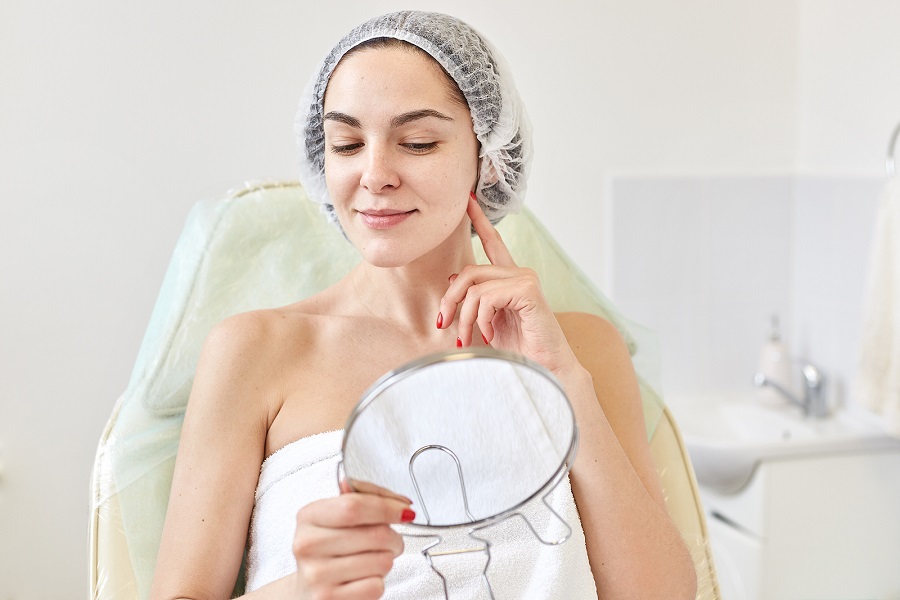

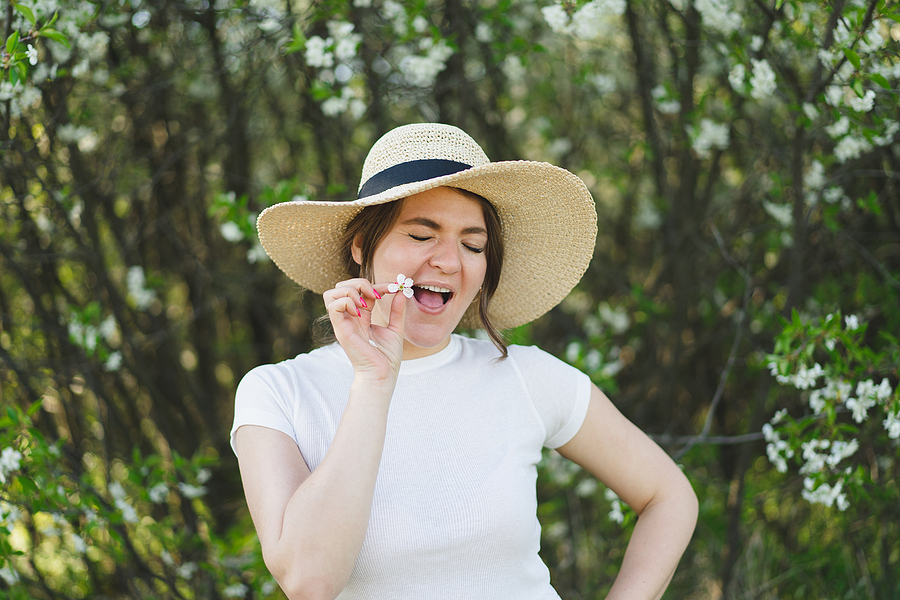




0 comments